ALP closing in on bipartisan donations cap to foil billionaire influence
Labor is closing in on a deal for a suite of electoral reforms that would set a cap on how much an individual such as Clive Palmer could donate to political parties to $600,000 a year.
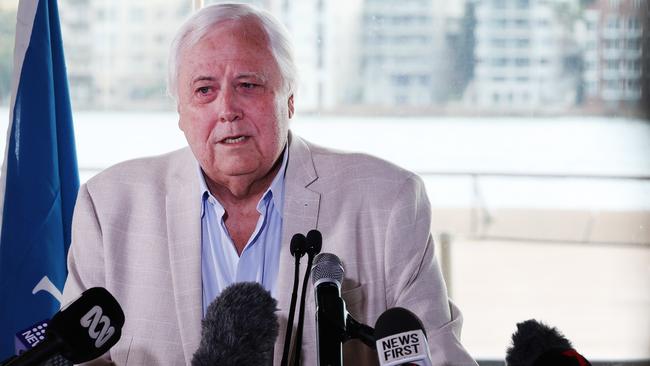
Labor is closing in on a deal for a suite of electoral reforms that would set a cap on how much an individual such as Clive Palmer could donate to political parties to $600,000 a year, and put a ceiling on what any party or independent can spend in an electorate to $800,000.
The reforms would also reduce the threshold for disclosing a donation from $16,900 to $1000 and mandate the weekly publishing of donations once the writ was issued for an election.
In legislation to be tabled by the government early next week, political parties would from July 2026 face a total federal spending cap of $90m, a threshold that would have been breached at the last election by both Labor and the Coalition, which spent $116m and $132m respectively.
Affiliation fees, such as those that Labor charges unions, will be exempt from the mooted donation laws, potentially enabling the ALP to skirt the rules by charging more for formal party association.
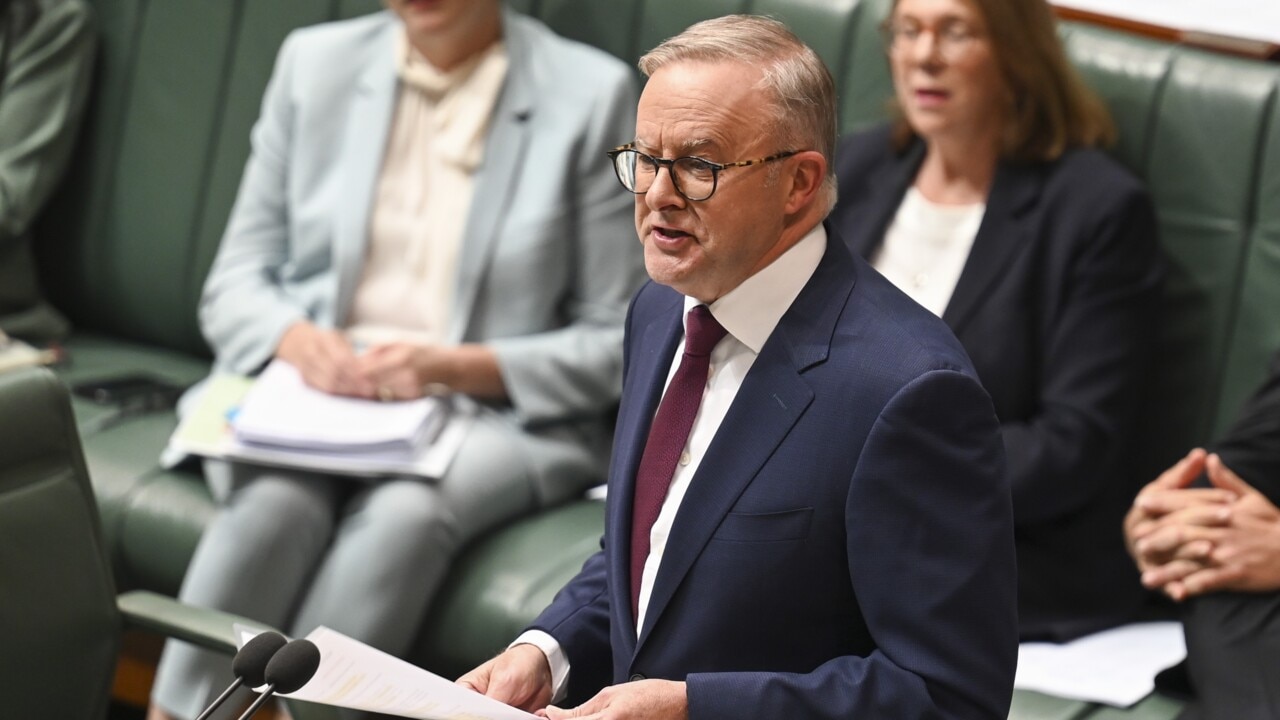
While Labor is quietly confident the legislation will receive bipartisan support, The Australian understands the Coalition has several red lines to be resolved before it votes for the bill.
It is understood the exemption of union fees is among the topics of contention, but the Coalition has yet to publicly air its concerns, saying it has been negotiating in “good faith” with Labor.
Under the funding and disclosure bill, political parties will be forced to set up a “mandated federal campaign account” that can be audited at any time, with all donations needing to go into the account and from which all electoral spending, such as advertising, must come.
State spending caps will also be set, contingent on the number of lower house seats.
Special Minister of State Don Farrell said it had been made clear after years of inquiries and evidence from multiple elections that “the biggest weakness to our electoral system is big money influencing our political system”.
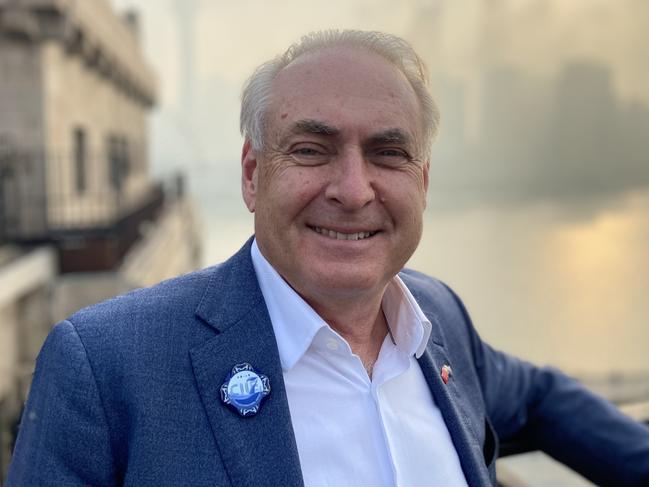
“Over the last decade we have seen billionaires repeatedly attempt to sway our elections, not through policy or participation, but through money and misinformation,” he said.
“This significant package of reforms have been drafted to tackle big money in our electoral system and protect our democracy into the future.”
Individual donations to political parties will be capped at $20,000 per state branch rather than per candidate. This threshold will also apply to donations to independents.
In practice, this would mean an individual would not be able to donate $20,000 to Queensland Labor senator Murray Watt and another $20,000 to fellow Queensland Labor senator Anthony Chisholm.
All together, an individual would not be able to donate any more than $600,000 across all political parties in a calendar year.
In lieu of donations forgone due to the proposed funding caps, the Labor legislation will increase the public funding per vote to $5, up from its current level of $3.43.
Strict new donation disclosure requirements will also be introduced, forcing entities to publish donations monthly through the parliamentary term, weekly once the election writs are issued, and daily during the week either side of election day.
To assist with compliance, endorsed house candidates will receive $30,000; those running for the Senate will receive $15,000.
The AEC will be given greater powers to investigate parties and independents as part of the new laws, with the government bracing for the measures to be subject to court challenges.
Mr Palmer, whose mining company Mineralogy donated $117m to the United Australia Party during the 2022 election campaign, stands to be one of the biggest losers from the overhaul.
Big-spending election campaigns in individual seats will also be curbed under the proposed reforms, adding a further hurdle for the electoral prospects of independents.
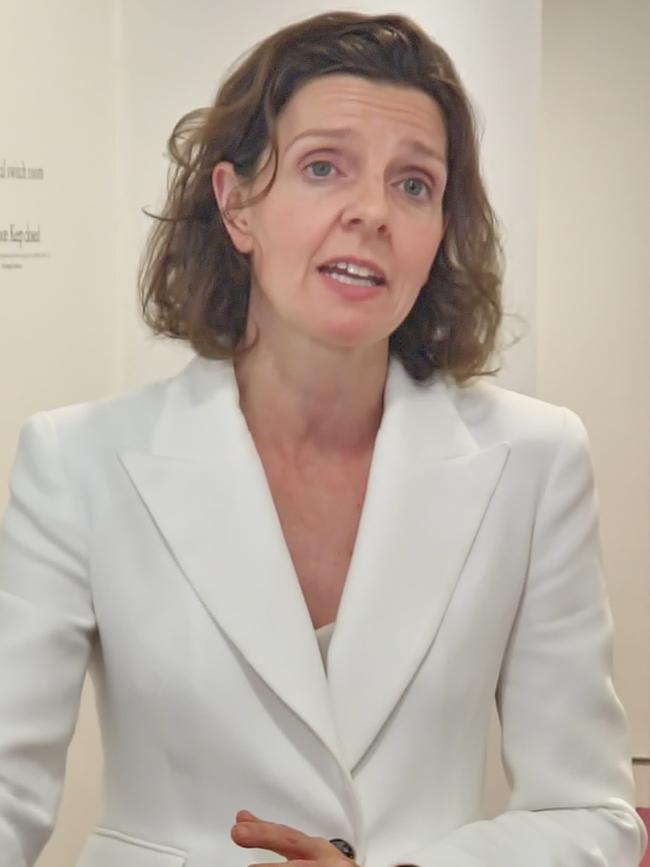
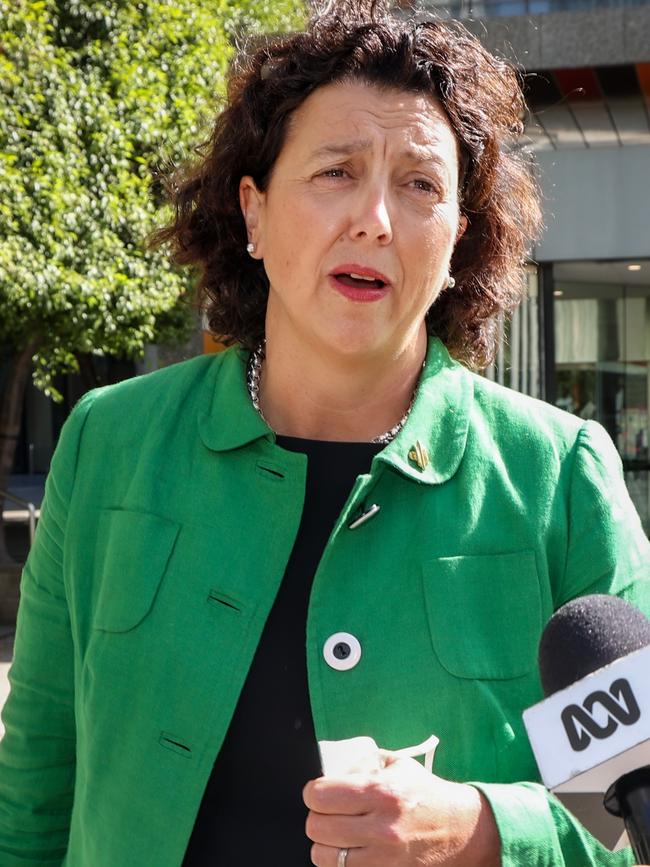
Successful Teal MPs, bar incumbent Zali Steggall, all spent upwards of $1m in their campaigns to win blue ribbon seats, with Allegra Spender and fellow Climate 200-backed independent Monique Ryan spending $2.1m each.
Third party campaigners, such as unions and industry groups, will be similarly subject to expenditure caps, potentially stymying big-spending campaigns akin to those run previously by the ACTU and the Minerals Council.
A spending cap will apply to fundraising vehicles – such as Climate 200 or Advance Australia – with the threshold to be determined by whether the entities can prove they are acting on behalf of individual donors, which would require them to separately disclose each donation or else face the $600,000 cap.
Other key fundraising vehicles, including the ALP’s Business Forum and the Liberal’s Business Network – which charge corporate clients an annual subscription fee to attend boardroom dinners and lunches – will also be subject to the donation caps.
The government will simultaneously introduce its truth in political advertising bill, but will not seek to pass the legislation this year, given it has neither the support of the parliament nor the AEC.



To join the conversation, please log in. Don't have an account? Register
Join the conversation, you are commenting as Logout